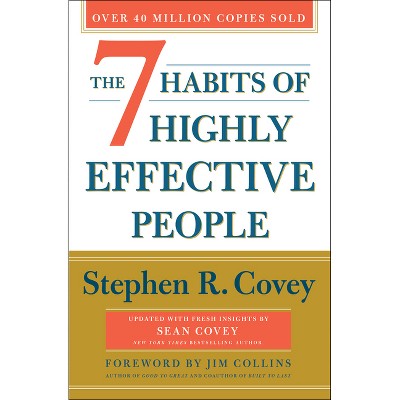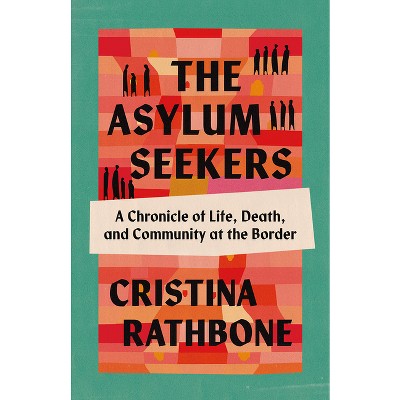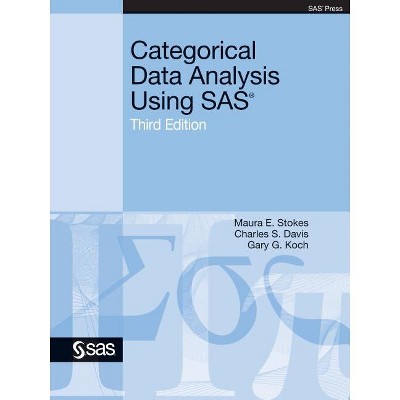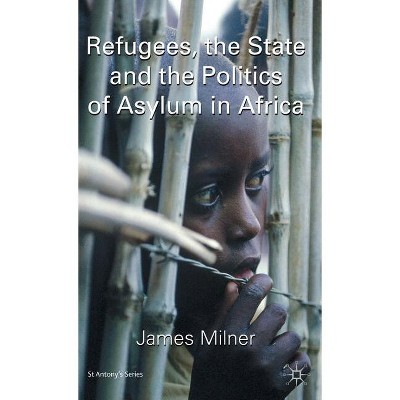Third Sector Organisations, Asylum Seekers and Refugees - by Matthew Davis (Hardcover)

About this item
Highlights
- This short Pivot explores the the physical, emotional, and psychological impact of the lived experiences of asylum seekers on the staff and volunteers of third sector organisations who assist and support them.
- About the Author: Matthew Davis is Law Lecturer and Researcher in the School of Law at the University of Wolverhampton, UK.
- 87 Pages
- Freedom + Security / Law Enforcement, Civil Rights
Description
Book Synopsis
This short Pivot explores the the physical, emotional, and psychological impact of the lived experiences of asylum seekers on the staff and volunteers of third sector organisations who assist and support them. This research casts a direct light on the issues, challenges, and barriers of their work during and after the pandemic. It seeks to pinpoint the needs of staff which should be addressed by employers of third sector organisations to improve efficiency and wellbeing from an operational viewpoint, a mental health lens and psychological perspective. It adopts a Constructivist Grounded Theory (CGT) -- a qualitative research method that involves co-constructing theories with participants. The research effectively examines how frontline organisations need to change given the social, economic and political challenges faced by asylum seekers and refugees in accessing support alongside the impact of new Government immigration, asylum policies and new legislation at that time. It also provides insights into the lived experiences of asylum seekers and refugees.
From the Back Cover
This short Pivot explores the the physical, emotional, and psychological impact of the lived experiences of asylum seekers on the staff and volunteers of third sector organisations who assist and support them. This research casts a direct light on the issues, challenges, and barriers of their work during and after the pandemic. It seeks to pinpoint the needs of staff which should be addressed by employers of third sector organisations to improve efficiency and wellbeing from an operational viewpoint, a mental health lens and psychological perspective. It adopts a Constructivist Grounded Theory (CGT) -- a qualitative research method that involves co-constructing theories with participants. The research effectively examines how frontline organisations need to change given the social, economic and political challenges faced by asylum seekers and refugees in accessing support alongside the impact of new Government immigration, asylum policies and new legislation at that time. It also provides insights into the lived experiences of asylum seekers and refugees.
Matthew Davis is Law Lecturer and Researcher in the School of Law at the University of Wolverhampton, UK.
About the Author
Matthew Davis is Law Lecturer and Researcher in the School of Law at the University of Wolverhampton, UK.











